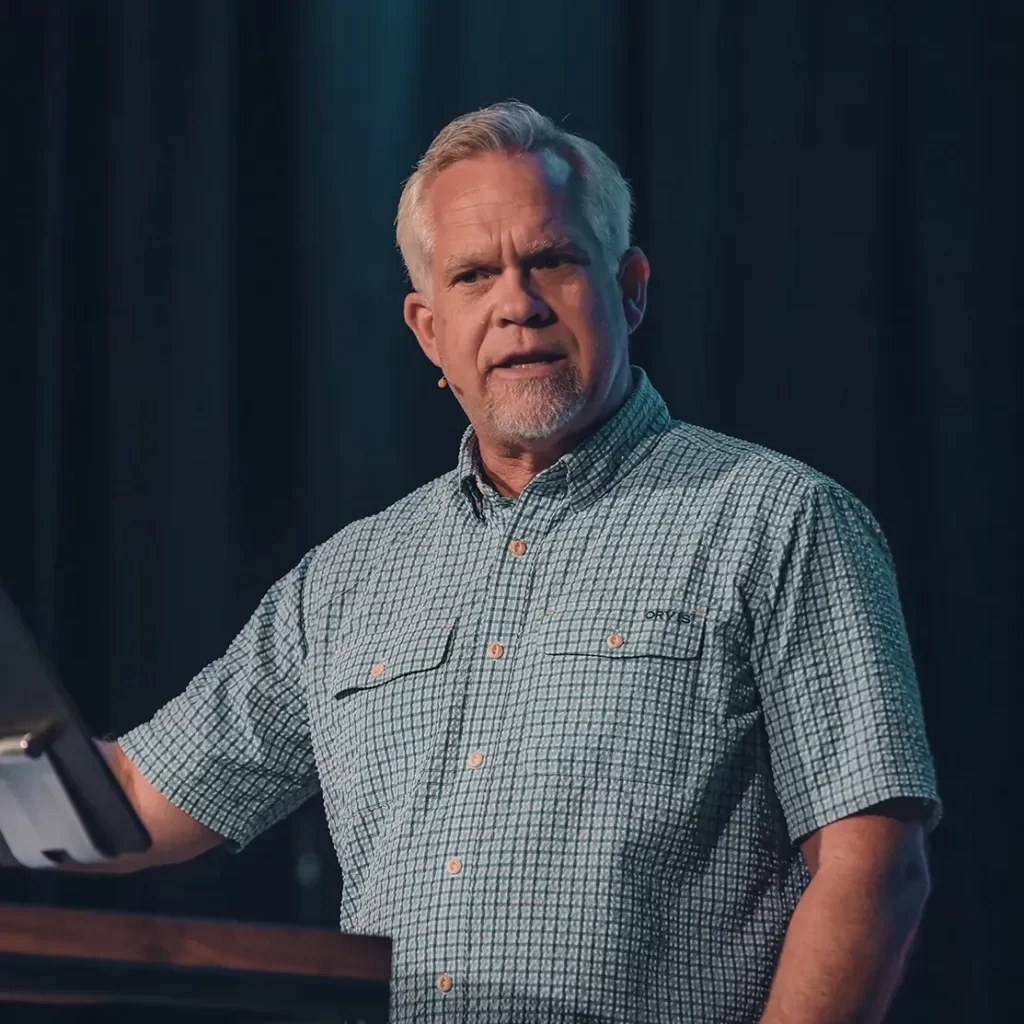Instead of schooling her nice Jewish boy in their home in Jerusalem, Herod the Great’s daughter-in-law sent Agrippa to be educated in the most wicked city in the world at the time: Rome, the Imperial Capital.
Agrippa’s mother, Berenice, was the best friend of Caesar Augustus’ daughter-in-law, Antonia; his wife, Livia, was like an aunt to her. It made perfect sense to Berenice to get her son, Agrippa, away from the political intrigue/executions/suicides surrounding who would succeed Herod the Great. The trouble was, sending the innocent and impressionable six-year-old to Rome was like jumping out of the frying pan and into the fire.
While in Rome, Agrippa lived at the palace, and the princes, Claudius and Germanicus, became like brothers to him. The new Emperor Tiberius—who was in power when Jesus was crucified—was also fond of the boy. Agrippa grew and learned from his Roman tutors and friends. One of the chief things he learned was, ‘When in Rome, do as the Romans do.’ Sadly, the political leaders in his adopted city were every bit as evil as the ones back in Judea.
After his mother died, Agrippa lost his part of the family fortune and, having no other way to pay his considerable debts, appealed to his older sister’s new husband/uncle, Herod Antipas, for a loan. Herodias, who wore the pants in that family despite the fact that her husband was king, insisted that her little brother be given a job instead of a loan. After having spent his formative years in Rome, Agrippa moved to the little town of Tiberius on the Sea of Galilee and became its magistrate.
Agrippa was charismatic and popular with the Galilean Jews, but he chafed under his new job. The excitement of Rome called to him. As soon as his debts were paid, Agrippa quit his job and returned to Rome.
Since he had to make a living, he used his influential connections to become a tutor to the up-and-coming Roman leaders. Not only was he his tutor, but Agrippa became a good friend to his young charge Caligula, who would someday become emperor.
In his role as friend and mentor to the future Caesar, Agrippa was in a unique position to mold the young man’s character into one who would rule with justice, mercy, and gratitude to the God Agrippa had learned about at his mother’s knee. Instead, the opposite happened. One (anonymous) Roman historian said, “Caligula is on a very short list of the worst people in the history of civilization.”
Thanks to his friendship with Caligula, Agrippa was given rule over the territory formerly held by his Uncle Philip the Tetrarch. From there, it was a natural step for Rome to place him on the throne of Judea—over all of what had been Grandfather Herod the Great’s kingdom. In doing so, he replaced his uncle/brother-in-law, Herod Antipas, the one who’d given him the miserable magistrate job. Antipas and his wife, Agrippa’s big sister Herodias, found themselves on Rome’s bad side and were banished to Gaul.
Agrippa was popular with the Jews he ruled, supporting them in their orthodoxy and oppressing those they didn’t like. Chief among those the Jews didn’t like were the followers of Jesus. These rebellious people—also Jews—insisted that Jesus had risen from the dead after their Jewish leaders had called for His crucifixion. Nothing would stop them from testifying to their belief. The fast-growing number of Jesus’ followers, the ‘People of the Way, continued to be a thorn in the flesh to the Jews in power because so many were joining them. And almost as bad, they were beginning to allow Gentiles to worship with them!
Despite warnings, the People of the Way, who were sometimes called ‘Christians,’ continued to spread the word that Jesus was alive. They said He lived in Heaven and would someday return to Earth to establish a new kingdom—and place THEM in positions of authority! If a person wanted to keep his head, that was not a good rumor to spread under the nose of a cruel and powerful king. Agrippa decided to stem the tide of the movement by seeking out its leaders and setting an example of them.
The apostle James, John’s brother, and a member of Jesus’ inner circle, was the first Christian leader Agrippa got his hands on (Acts 12:2). Foxe’s Book of Martyrs reports that, at James’ trial, his guard listened intently to his testimony. Dr. R. L. Hymers, Jr. writes, “Later, that Roman soldier walked beside James to the place of execution. The soldier was so overcome with conviction that he declared his own faith in the resurrected Christ to the judge, and knelt beside James to accept martyrdom, and was beheaded as a Christian with James” (2007).
Stalwart Apostle Peter—the same one who had denied Jesus three times on the morning of His execution—was the next apostle Agrippa apprehended. Four squads of guards were set around the prison to put down any violent trouble with the People of the Way. Unbeknownst to Agrippa, Christians didn’t operate that way. Instead, they gathered at Mary’s home (Mark’s mother) and prayed without ceasing for Peter’s release (Acts 12).
The night before Herod Agrippa was going to bring him out (Acts 12:6), Peter was freed by two angels while everyone else slept. We can’t help but pity the four squads of guards who paid for Peter’s miraculous release with their own deaths by torture, but that particular night wasn’t God’s time for Peter to die. Peter’s time for martyrdom would be later, under Roman Emperor Nero’s rule.
Herod Agrippa was raised a Jew, was a friend to Jews, and was their ruler. He’d heard the testimonies of many Jewish Christians and had witnessed them accepting torture and death rather than denying Jesus’ resurrection. After experiencing all that, anyone would think Agrippa would have known better than to participate in emperor worship—something he had, at one time, tried to talk Caligula out of. Acts 12:21-23 tells the rest of the story:
On a set day Herod, arrayed in royal apparel, sat on his throne and gave an oration to them. And the people kept shouting, “The voice of a god and not of a man!” Then immediately an angel of the Lord struck him because he did not give glory to God. And he was eaten by worms and died.
Herod Agrippa died painfully. Josephus says it took him five days to die after he was struck down by the worms in his gut. Unless Agrippa made a deathbed conversion to Christ that history hasn’t recorded, he is still—even now—being tormented by worms in the fire of Hell. God gave the king many opportunities to hear about Him and believe in Him, a fact which will leave Herod Agrippa without any excuse on the Day of Judgment.
It’s not just kings and it’s not just the Herod family—God wants everyone to hear about His wonderful gift of salvation. That’s the reason the last thing Jesus said before He ascended to Heaven was, “You will receive power when the Holy Spirit has come upon you, and you will be my witnesses in Jerusalem and in all Judea and Samaria, and to the end of the earth” (Acts 1:8).
ASI’s mission is to prepare people for Eternity. God has graciously given ASI a platform to be a witness to our government leaders in our own Jerusalem: Washington, DC. God has also graciously provided partnerships with those around the world whom He has positioned to help rescue some of our brothers and sisters from seemingly impossible situations of persecution.
Romans 10:14-15(a) says, “How then shall they call on Him in whom they have not believed? And how shall they believe in Him of whom they have not heard? And how shall they hear without a preacher? And how shall they preach unless they are sent?”
Thank you for ‘sending’ ASI on its mission with your financial support. Thank you for volunteering—for coming alongside us physically—sharing with ASI the time and talent God has gifted you with. Thank you for praying for ASI’s mission, for the ‘Herods’ right here in our own country to be saved, and for God to bring about our next Great Awakening soon!




